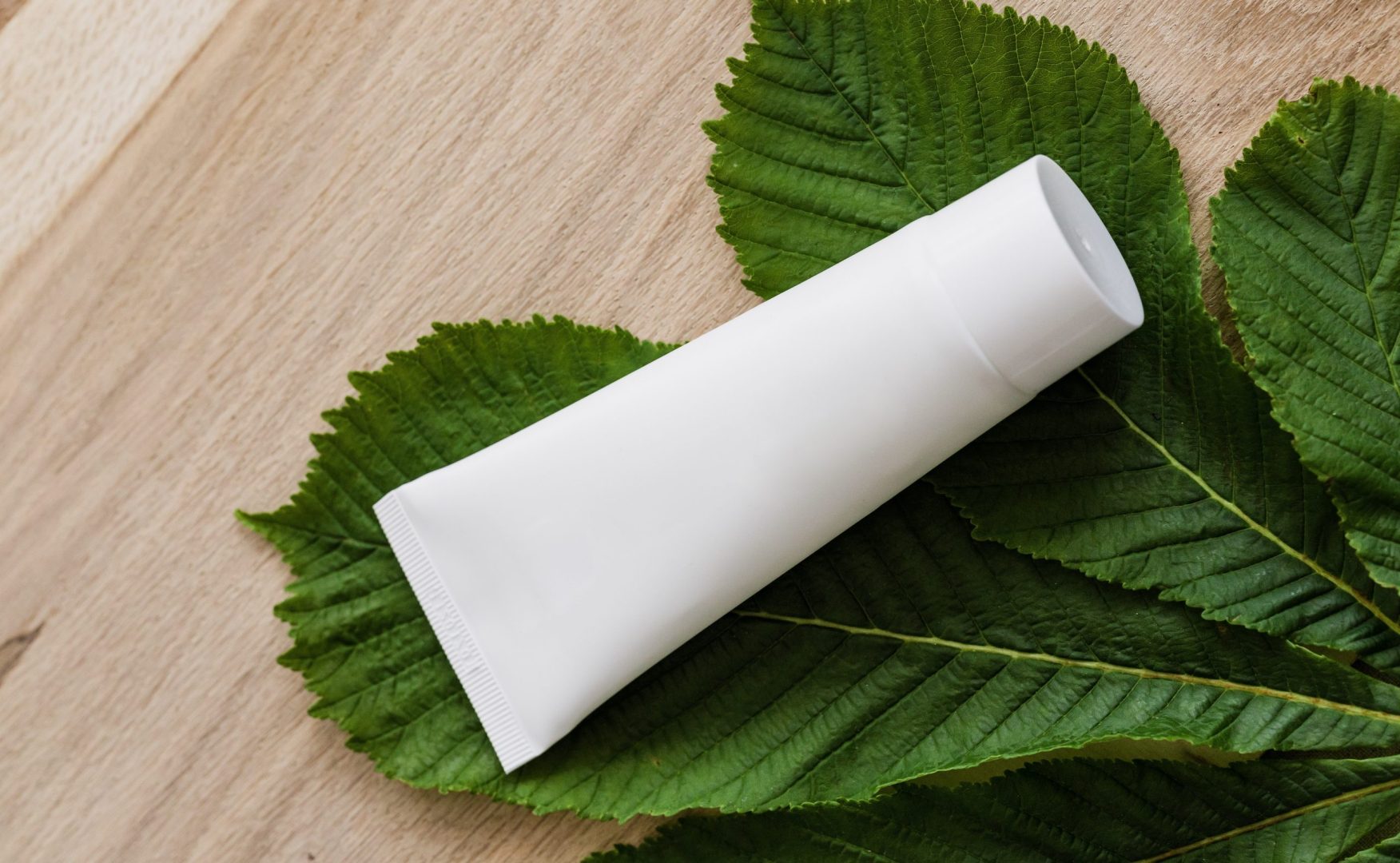All About Contraceptive and Spermicidal Gels

Spermicide gels have been around for a long time. When used with diaphragms and cervical caps, they’re an effective way to prevent pregnancy. Contraceptive gel is a newer option that is similar to spermicide, but it requires a prescription. These gels might be a good fit for you if you’re looking for hormone-free birth control options.
What is spermicide?
Spermicide is a chemical that you put into the vagina within an hour before sex. It prevents pregnancy by blocking the sperm from getting to the egg, and by stopping the sperm from swimming well enough to reach the egg. When used correctly, spermicide can be 72% effective against pregnancy. Spermicides come in many forms--cream, gel, foam, suppository, and even a film that dissolves.
Spermicide can be used alone, but is usually paired with a barrier like a diaphragm or a cervical cap, which rely on spermicide to be effective. These options don’t protect against sexually transmitted infections (STIs). Luckily spermicide can also be used with condoms, so you’ll have extra pregnancy and STI protection. Spermicide is not effective after sex.
What is contraceptive gel?
There is only one FDA-approved contraceptive gel – Phexxi®, available from a medical provider by prescription. Phexxi® is inserted much like a tampon within an hour before sex. It is up to 86% effective at preventing pregnancy when used correctly, and can work even better when combined with other methods like condoms. Phexxi® works with the vagina’s natural acidity by keeping the pH levels low (acidic) so sperm are prevented from reaching the egg. If you want to have sex again after an hour, another dose of Phexxi® must be inserted. Phexxi® does not protect against STIs. Using a condom along with Phexxi® can prevent STIs and give extra protection against pregnancy.
What’s the difference?
Both gels can stop sperm from reaching the egg, but spermicide does contain chemicals that can irritate vaginal walls after frequent use. Phexxi® may be better for long-term use. Be sure to check with your medical provider to discuss which gel might be right for you.
